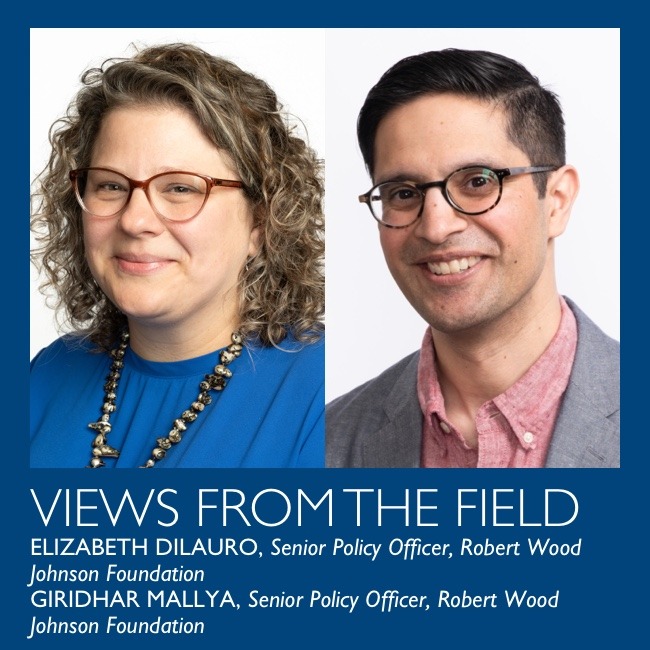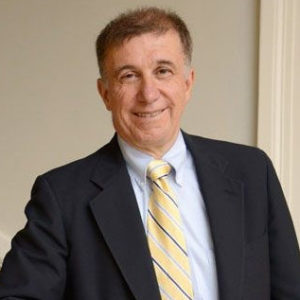Make Our Children Healthy Again Strategy Report
This resource provides an overview of the Department of Health and Human Services report on children’s health released on September 9, 2025.
Department of Health and Human Services Reorganization and Reductions: Explaining the State of Play
This issue brief provides an overview of the current status of the reorganization and Reductions in Force (RIF) at the Department of Health and Human Services (HHS) to help funders understand the impact on their work and engage in the current policy landscape.
Southern California Grantmakers: How Philanthropy Can Support and Enhance the Government Response to COVID 19
Southern California Grantmakers (SCG) hosted a March 12 webinar to share best practices for grantmakers in pandemic preparedness and response while emphasizing community resiliency and support for our most vulnerable community members. A recording is available on their website.
Philanthropy New York: Preparing for COVID-19: Philanthropy’s Response in Times of Crisis
Philanthropy New York hosted a webinar on March 12 to allow grantmakers in the region to share funding decisions related to COVID-19 as well as to exchange questions and up-to-the-minute information.
Grantmakers In Health Announces 2020 Award Winners
It is with pleasure that we invite you to join the GIH Food Access and Security Learning Community.
Vinny DeMarco to Be Honored with Andy Hyman Award for Advocacy
Vincent DeMarco, President of the Maryland Health Care for All Coalition, led by the Maryland Citizens’ Health Initiative, will receive Grantmakers In Health’s 2020 Andy Hyman Award for Advocacy.
Earl Maxwell to Be Honored with Terrance Keenan Leadership Award in Health Philanthropy
Earl Maxwell, former Chief Executive Officer of St. David’s Foundation, will receive the Grantmakers In Health’s 2020 Terrance Keenan Leadership Award in Health Philanthropy.
The California Endowment: Bob’s Blog: Lead by Shutting it Down: Notes on COVID-19
In “Lead By Shutting It Down: Notes on COVID-19,” President and CEO of The California Endowment Robert Ross discusses Italy, flattening the curve, and social-distancing.





